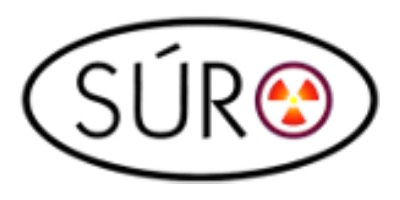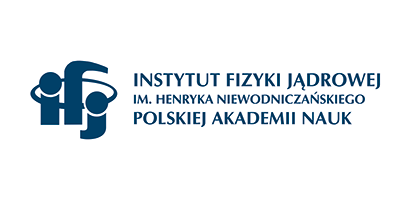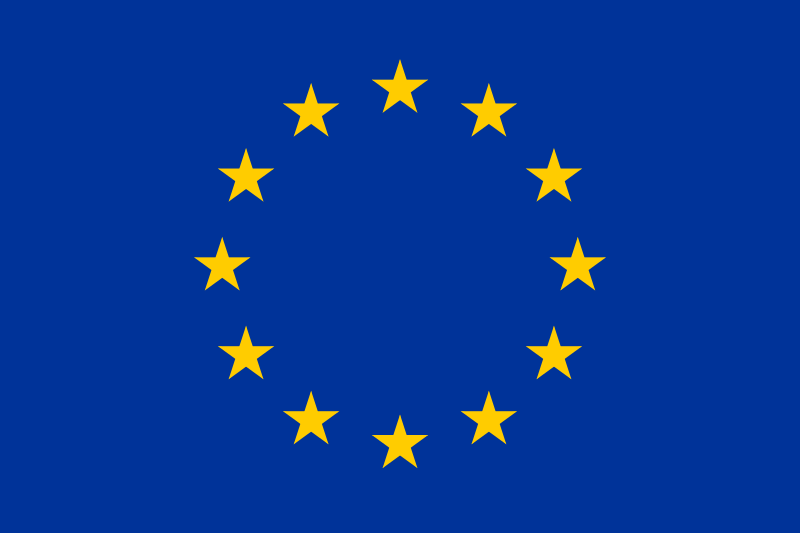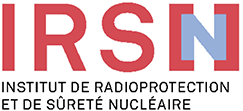CITISTRA
Citizen measurements as complementary radiation monitoring strategy in threats due to armed conflict or natural disasters
Project news
PIANOFORTE projects at NERIS workshop 2024

11.11.2024
Projects RRADEW, CITISTRA and PREDICT were presented at NERIS Workshop in the Aurelia Congress Center, Rome, Italy on 11th November 2024.
NERIS workshop 2024

1.11.2024
Workshop of NERIS platform will take place in Rome on 11th November 2024.
CITISTRA project on the Joint ICTP-IAEA Workshop on Advanced Mobile Techniques for Radiation Monitoring and Mapping

21.10.2024
The CITISTRA project was introduced and presented during the Joint ICTP-IAEA Workshop on Advanced Mobile Techniques for Radiation Monitoring and Mapping
CITISTRA project on the Małopolska Night of Scientists

30.9.2024
CITISTRA project presentation on the Małopolska Night of Scientists at the IFJ PAN.
CITISTRA project meeting

29.8.2024
Research team meeting CITISTRA research project took place in Prague on 27 - 28 August 2024.
Data Management Plan of CITISTRA project

22.8.2024
Data Management Plan of CITISTRA research project is delivered.
Project objective and goals
The current geopolitical situation in Europe raises the issue of whether risk management procedures and technological solutions are up-to-date to handle scenarios arising from threats due to war or armed conflicts. The conflict in Ukraine leads to serious concerns about the safety and security of nuclear facilities in the region. In the event of military action or sabotage targeting these facilities, there is a risk of releasing radioactive materials, leading to a potential radiation emergency with consequences for public health and the environment in close proximity and at least to public concern in more distant territories. There is even a threat of using nuclear weapons. In these scenarios, the functioning of official monitoring networks can be perturbed due to network failure, communication failure, blackout or through sabotage activities. Citizen radiation measurements can complement official monitoring systems and provide fast local radiation data.
The project aims to analyze the feasibility and procedures of employment of citizen measurements with regard to different national legal frames, social and cultural habits using experimental study in three countries – Czech Republic, Slovak Republic and Poland. The project addresses challenges in using citizen radiation measurements:
- quality, accuracy, and reliability of the data collected and analyzed by citizens,
- ethical, legal, and social implications of sharing and using radiation data in different countries,
- adequate training, support, and feedback to citizens involved in radiation measurement activities,
- preconditions of the sustainability of a system built on measurements by volunteers.
The developed radiation detector CzechRad will be distributed among selected citizen groups together with simple software. Training will be provided on taking measurements, data processing and interpreting. Practical guides for training and measurements in different emergency scenarios will be designed and tested. In addition to the living environment, the self-measurements of thyroid glands, food, feed and personal items of daily use etc. will be considered. The public attitude to citizen measurements will be monitored using sociological surveys. The effect of the self-measurement availability on a public sense of security and fear about ionizing radiation shall be determined.
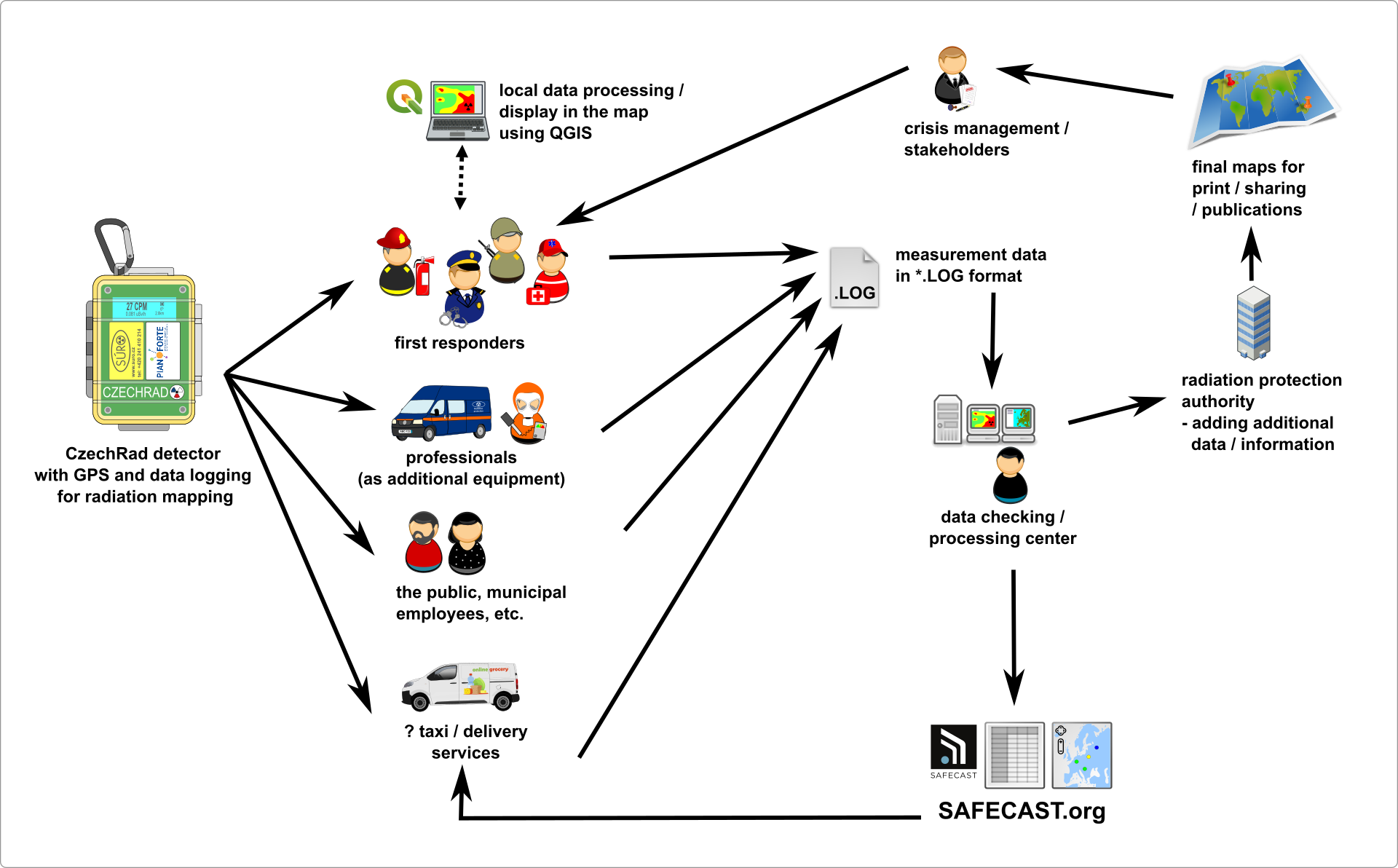
Project coordinator
Jan Helebrant, National Radiation Protection Institute, Czech Republic
Project partners
National Radiation Protection Institute
The Henryk Niewodniczanski Institute of Nuclear Physics
Slovak Medical University in Bratislava
Central Mining Institute
Czech Republic
Poland
Slovakia
Poland

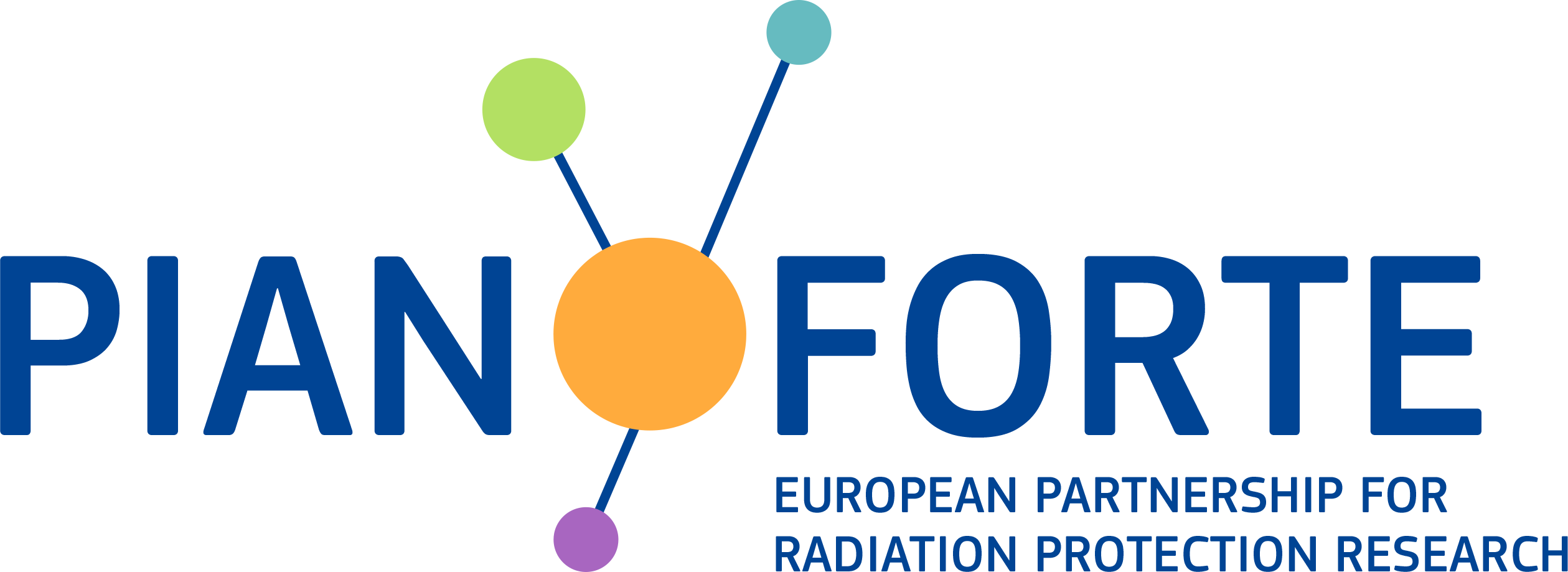



 11.11.2024
11.11.2024
